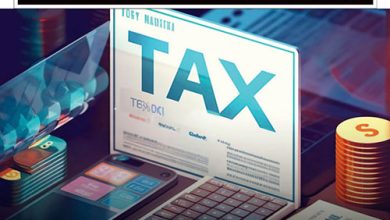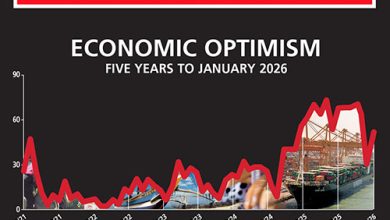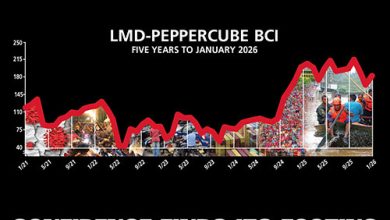BUSINESS SENTIMENT
The depreciation of the Sri Lankan Rupee has come into greater focus with the currency trading close to the psychological barrier of Rs. 160 to the US Dollar in recent times. A sum of nearly US$ 220 million in foreign reserves was also deployed by the Central Bank of Sri Lanka (CBSL) in a bid to defend the rupee.
 Nevertheless, a recent communiqué by CBSL maintains that “the underlying fundamentals do not warrant the current pressure on the Sri Lankan Rupee. Gross external reserves are presently at a healthy US$ 9.1 billion and the real effective exchange rate indices indicate that the currency is competitive … The pressure on the currency is therefore, unwarranted.”
Nevertheless, a recent communiqué by CBSL maintains that “the underlying fundamentals do not warrant the current pressure on the Sri Lankan Rupee. Gross external reserves are presently at a healthy US$ 9.1 billion and the real effective exchange rate indices indicate that the currency is competitive … The pressure on the currency is therefore, unwarranted.”
CONFIDENCE HEADS BACK DOWN
Biz folk are less than impressed with the turn of events on the national stage
Central Bank Governor Dr. Indrajit Coomaraswamy, speaking at a recent public event, noted that there would be no tolerance of further speculation and undue pressure on the currency.
“Those who operate in the forex market should know that we have a lot of instruments we can use to restrict banks, importers and exporters … We want to give the market a competitive exchange rate; we do not want to intervene in the market; we want people to behave responsibly and to run the market in a responsible way,” he explained.
The value of the rupee is among the major concerns highlighted by respondents to the latest LMD-Nielsen Business Confidence Index (BCI) survey as well, so much so that it has led to a slight deterioration in corporate sentiment.
THE INDEX There’s been a marginal drop in the BCI with the index declining by four basis points to 102 in June from 106 in the previous month. This is below the 12 month average – which incidentally, was where the barometer stood a year ago – of 115 as well.

Pointing to some of the key factors in the BCI equation, Nielsen’s Managing Director Sharang Pant notes that “while inflation has been steadily coming down – it was at 1.6 percent year on year in April and an annual average of 6.1 percent – there is a fear of it moving up again on account of the increase in fuel prices.”
“Prices of commodities are stable but they’re still high compared to last year and the tax on personal income is now higher,” he adds.
SENSITIVITIES High taxes, political interference and the value of the rupee are identified as the primary concerns for business.
And as one corporate executive asserts, “the economy has suffered due to constant political interference and a lack of consistency in policy implementation by the government. First, we need political stability if our economy is to improve.”
PROJECTIONS In our assessment of where the index might head last month, we explained that there was little in the way of positive news to propel a major comeback of the barometer of corporate sentiment.
This view continues to hold true for the foreseeable future as well especially in the light of the goings on in parliament and beyond it. Multiple sectors of the local economy are under siege as a result of the plummeting rupee, the prospect of spiralling costs and indeed, events on the world stage.
– LMD





